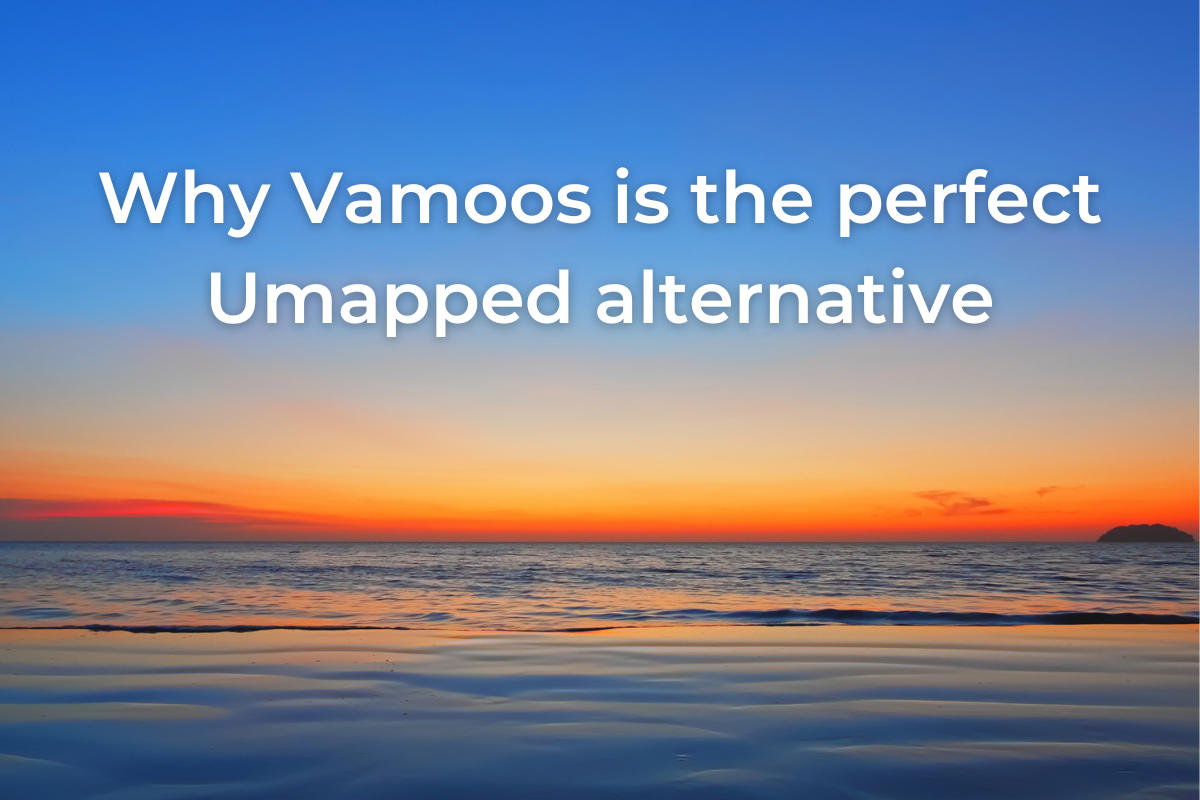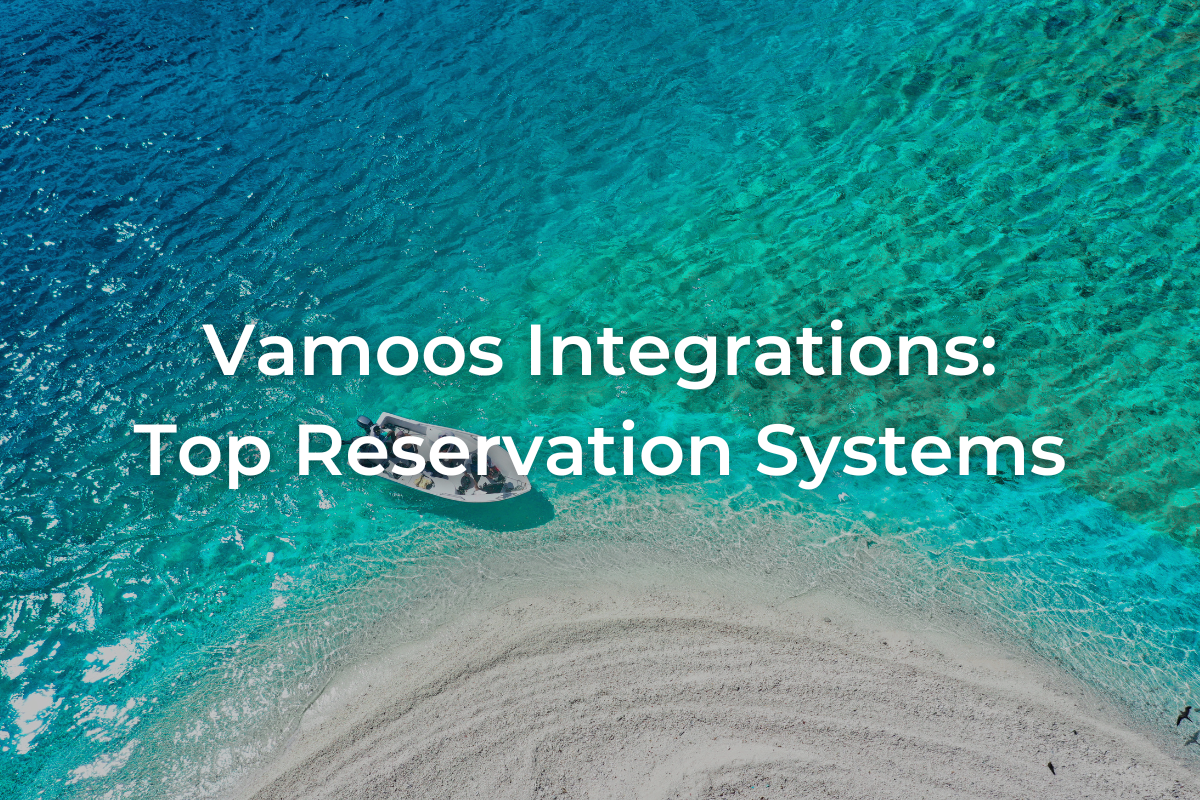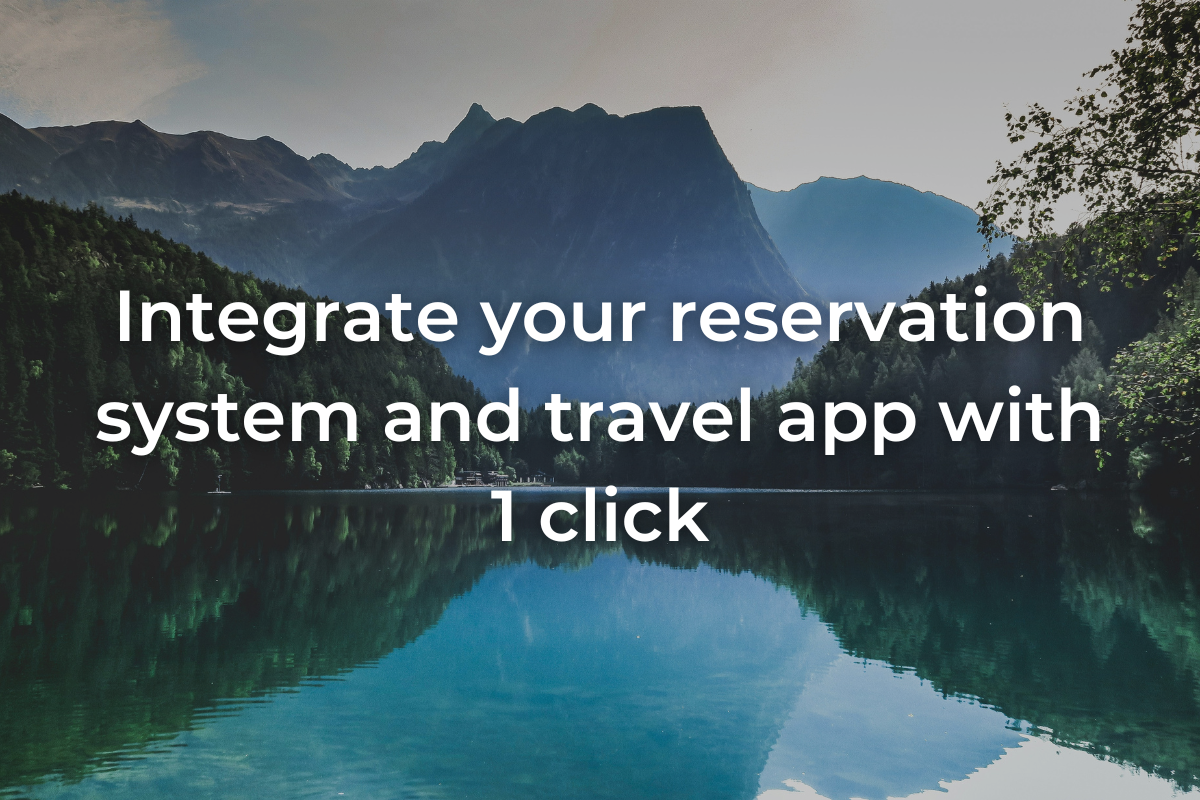Boutique Hotel News is the world’s leading B2B website for the boutique and lifestyle hotel sector. Read their Q&A with Vamoos Director Alisdair Luxmoore below or on their website here.
BHN talks to Vamoos’ director Alisdair Luxmoore about how the hotel sector will evolve in response to the pandemic.
Tell us about Vamoos – how does the product serve the boutique and lifestyle hotel sector?
One of our big themes is how we can bring travel organisers and hoteliers closer together through shared technology. On the surface it looks like a practical app – something to give you information. What we found is that it does much more than that. It’s about exciting people and getting them involved with the hotel, ideally before they even get there.
Customers can access all the information about the hotel, they can browse photos and even start to plan their stay: for example what do they offer at the spa? In the travel industry we get very focussed on booking, and we do a really good job when people arrive on property, but the gap in-between we tend to ignore.
With work on the Vamoos for Hotels app already underway pre-COVID-19, how has the pandemic influenced business?
We’ve been building Vamoos for Hotels for over a year now. Now, suddenly coronavirus has been the wake up call and I think there’s two reasons for that: the app has significant, practical benefits in terms of getting rid of paper, and making contactless messaging and communication work; but secondly people are having to re-examine how to survive during this difficult time, and how to reinvent. Things that they’ve always been meaning to look at have been pushed higher up the priority list, and we’re fortunate that our product falls into that category.
As soon as the crisis unravelled we realised that we could help the leisure sector reopen. So we accelerated the business – we put on a development sprint to get the final piece of the jigsaw in place. We certainly did not plan it this way, and by and large the features remain unchanged: they were designed for customer service and to enhance the guest experience but some features have become more important. For example the virtual ‘Do not disturb’ sign was initially a nice-to-have feature, but now COVID has come along and the need to get rid of a tangible sign that’s handled by several people is a godsend.
We’ve had more enquiries in the past week than we’ve probably had in the whole of last month. It’s undoubtedly the busiest time that Vamoos has seen in the six years that it’s been in existence. We can have hotels up and running within hours as its generally using material that hoteliers have already got at their fingertips, whether it be a room guide or hotel directory.
Given your experience and knowledge of the hotel industry, how do you foresee the sector embracing technology? Do you think contactless solutions will be as popular in the long-term?
That depends on the guest feedback. Frankly, none of us can really say for sure as it’s still early days. There is no question that the industry is embracing technology now, and I hope it’s not just a nine-day wonder. If the hoteliers are getting the same feedback that we’re receiving from the hundreds-of-thousands of app users, then they will see it as a great way forward.
You can’t go in at 20 or 30 per cent – you’ve got to do it 100 per cent and make it work for everybody. Change just doesn’t happen by itself, and so you’ve got to put the effort in to get the most benefit out of it.
What consumer trends have you noticed that will help to steer a hotel’s recovery?
The feedback that I’m getting throughout the industry is just how much people miss travel. Business travel is a different story, and I think it’d be really interesting to see how it plays out, but it feels to me like leisure travel is as robust as ever. There’s going to be a big bounce back, and I don’t think there’s many people who would argue this point.
And what advice would you give to hoteliers to enhance the customer experience?
I think the main or top priority is to make it really easy for customers to get in contact. It’s the area that I think the travel industry has missed as a whole: messaging. Other industries have been well ahead of this. The ability to not make people leave their rooms to speak to someone at reception, or pick up the in-room phone and work out what number to dial… to have a single and simple fingertip messaging capability is a good response to this.
I know the travel industry might worry that this will be another area to monitor, but that’s really not the concern here. We must enhance the customer experience, and if you’re delivering on what those customers want then it’ll not only make this easier but cheaper than manning a 24-hour reception desk. If you re-focus around new technology there’s a wealth of things a hotelier can achieve.
With a vision to integrate the app with other technologies, how can insight of guest behaviour lead to a paradigmatic change within hospitality?
When you know what people are doing and what they’re looking at, then you can collect the data which will allow you to change and adjust the services accordingly. It will be absolutely fundamental in reshaping the future.
For us at Vamoos, we’re able to identify exactly the extra features needed in order to improve the overall experience for customers. I’m sure there’s going to be some big surprises for hoteliers when they see what sections of their room directory are the most popular, for example.
Whilst the data is crucial, at this stage it is about using your instinct. My personal bet is that Vamoos has a great system for local recommendations, and so a hotelier can input their own favourite restaurants, shops, beaches, museums etc., and I think this is going to be a real winner. To digitise this so guests have instant access is going to be exciting.
Read the full story on Boutique Hotel News here.
|
Featured Articles

Why Vamoos is the perfect Umapped alternative
June 10, 2025 by adminUmapped have announced that on October 8th 2025, they will officially close their doors. If you’re a tour operator or travel company now looking for an alternative, there’s no need to worry. The Vamoos Travel App is the perfect replacement -and switching over is much simpler than you might think.

Vamoos Integrations: Top Reservation Systems
May 20, 2025 by admin
Integrate your reservation system and travel app with 1 click
May 15, 2025 by adminAre you juggling disconnected systems, copying and pasting trip details, or updating multiple platforms just to get one itinerary out? It’s error-prone, expensive and a huge investment of time. But it doesn’t have to be this way… Introducing the latest 1-click integration between the Vamoos Travel App and Spark Travel CRM & Reservation System, which is changing the game for travel companies.
Share: